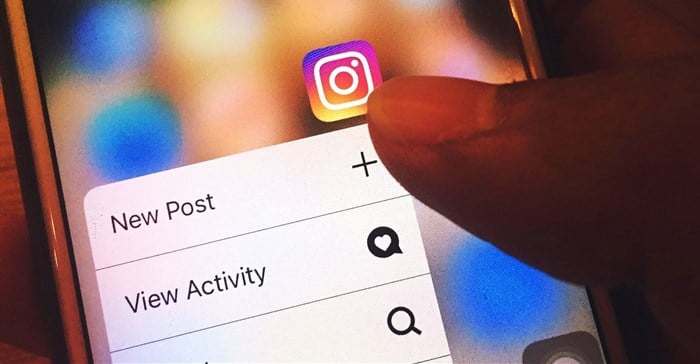






Zuckerberg announced the official launch of paid Meta Verified, which will be available globally this week; South Africa will undoubtedly follow suit soon.
So, what does this mean for agencies offering social media management as a service? Let’s start with the details of what Meta Verified is.
Zuckerberg explained that Meta Verified is a subscription-based service that lets you verify your account with a government ID, get a blue badge, get extra impersonation protection against accounts claiming to be you, and get direct access to customer support.
This new feature is about increasing authenticity and security across our services. Meta Verified starts at $11.99/month on web or $14.99/month on iOS. This will be rolling-out in Australia and New Zealand this week and in more countries soon.
Since the announcement of Twitter Blue, which allows Twitter Blue users to gain access to subscriber-only features such as Edit Tweet, 1080p video uploads, reader mode, and a blue checkmark for a fee ranging between $8 and $11, the social media world has been buzzing with mixed reactions.
Some users praised the service's extra features, such as the "undo tweet" button, the ability to organise saved tweets into folders, and access to a new reader mode for easier reading of long threads. Others went as far as appreciating the ability to financially support Twitter by paying for the service.
But others saw the move as a mistake. They criticised it as a way for Twitter to monetise features that should be available to all users, and expressed a concern that it would result in a two-tiered system where access to the best Twitter experience will be available to only those who can afford to pay for premium features.
Overall, some applauded the new features while others questioned the platform's direction.
However, the service is still in its early stages, and it remains to be seen how many users will opt to subscribe to the paid service in the long run.
With the above effect and response, it appears that Meta recognised the value of a verification subscription service, thus the launch of Meta Verified.
It is viewed as a means of increasing online trust and transparency. Users can experience Meta Verified as a means to prove their identity and track their online activities while protecting their privacy and data security.
It also enables businesses to verify the identity of customers, partners, and employees, thereby reducing fraud and increasing trust.
Finally, Meta Verified is said to help create a safer, more secure, and more trusted online environment.
The introduction of Meta Verified may represent an opportunity for social media service providers to lay out value-added services that assist businesses in obtaining and maintaining the verified badge, such as assistance with documentation and verification processes.
It could also be an opportunity for them to distinguish themselves from competitors by providing expertise in social media verification.
This implies that such businesses must review their billing systems and include a monthly verification and administration fee (should the client qualify).
This also means that social media service providers must put in more effort to stay on top of security measures as well as ensure PoPIA compliance by retaining client-sensitive documentation required to approve verifications.
However, while verification can be a useful tool for businesses, it is not a substitute for a comprehensive social media strategy that includes high-quality content, engagement with followers, and other important factors.
Companies that provide social media services will need to continue to assist their clients in achieving their objectives on these platforms.


